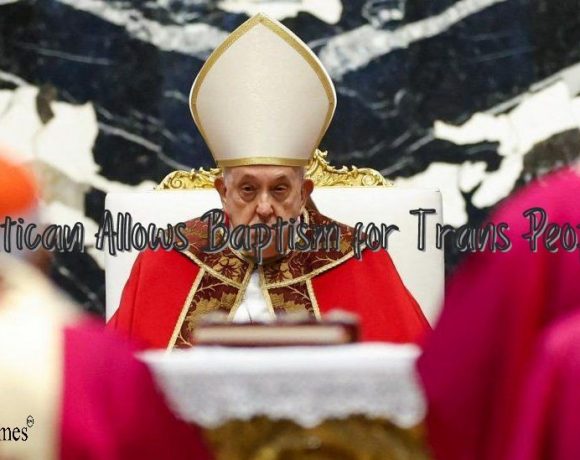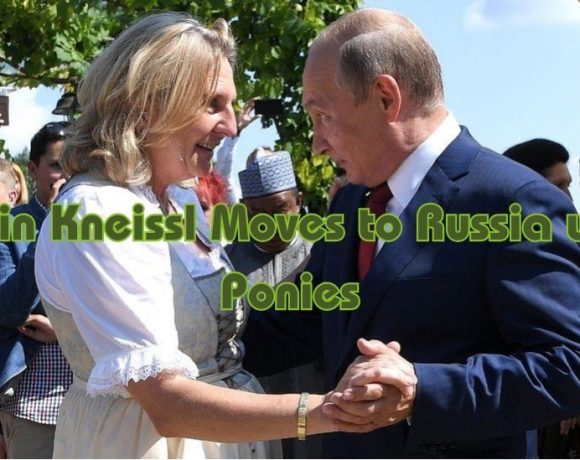
According to recent announcements from the Vatican’s doctrinal office, the Catholic Church is allowing transgender individuals to be baptized, serve as godparents at a baptism, and act as witnesses at weddings, as long as these actions do not cause scandal or confusion among the faithful. This updated stance reflects Pope Francis’s efforts to create a more inclusive environment for LGBT individuals within the Church. The decision was prompted by inquiries from Brazilian Bishop José Negri, with the response signed by the head of the dicastery, Cardinal Víctor Manuel Fernández, and approved by Pope Francis.
Regarding baptism, the document emphasizes that transgender individuals, even those who have undergone hormone treatment and gender reassignment surgery, may be baptized under the same conditions as other believers, provided that their baptism does not result in public scandal or disorientation among the faithful.
The guidance also addresses other questions raised by Bishop Negri. It allows for transgender individuals who have undergone hormone treatment and gender reassignment surgery to serve as godparents, but acknowledges that priests may refuse this request if there is a risk of scandal or disorientation within the Church community.
Furthermore, the Vatican’s response suggests that the decision to baptize a child of same-sex parents or those who use a surrogate mother should be based on the expectation that the child would be raised within the Catholic faith. Similarly, it suggests that individuals in same-sex relationships can serve as godparents at a Church baptism if they lead a life that adheres to the teachings of the faith.
This announcement builds upon Pope Francis’s recent statements indicating a more compassionate approach towards LGBT individuals within the Church, including the possibility of priests blessing same-sex couples. However, the Church still maintains its position that same-sex relationships are considered “objectively sinful” and does not recognize same-sex marriage.
Picture courtesy: Google/images are subject to copyright

